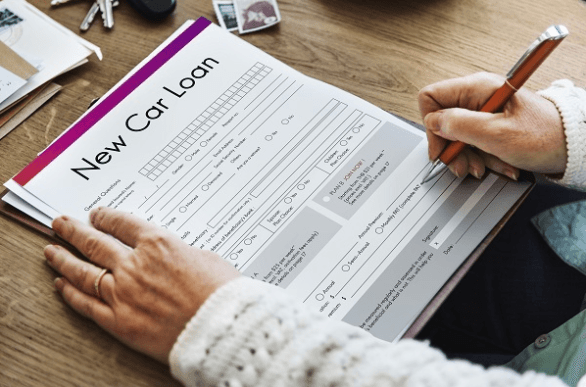Most borrowers have the best of intentions when asking for a co-signer on a debt. Usually, the general opinion between the parties is that everything will go fine, and the co-signer is just assisting the borrower—usually a family member—so that they can become eligible for a loan or receive better terms. There are many experts who will warn you against the perils of co-signing unless you are fully prepared for the unfortunate circumstances of a default.
We all want the best for our children, and as they become independent and move out on their own and begin their own lives, more than anything we want to see them succeed. Buying a car is a major milestone for young adults, but it’s often not easy. Without a credit history to speak of, your older child may have a difficult time getting a good rate or any vehicle at all, unless they are paying in cash—and if they are not well-established, buying a vehicle in cash may be a pipe dream. But you want them to be able to get back and forth to work, and safely so. This often means taking the leap of faith as a co-signer.
But what happens several years down the road if your son or daughter is forced to file for bankruptcy? Perhaps they lost their job or suffered an illness and were overwhelmed with credit card debt or medical bills. They may have no choice but to file for bankruptcy, but surely you are going to be concerned when there are still thousands left on the car loan.
In Chapter 7, the automatic stay will begin protecting the filer from debt collectors immediately, and within three to six months they will see the discharge of their debts altogether. As the co-signer, you are not covered by the automatic stay, and despite the discharge of the debts for your older child, the creditor can still look toward you for repayment of the debt.
If possible, it is best to discuss alternatives with your son or daughter if you are worried about being held responsible. Paying off the car is always a good solution, but may not be realistic. Your child may also be planning on reaffirming the debt in bankruptcy, which means they will still be responsible for paying the car—and that means you are off the hook—assuming they continue to pay.

If you or a family member are currently considering filing for Chapter 7 bankruptcy and are concerned about a co-signing issue, consult with an experienced bankruptcy firm like Fitzgerald & Campbell, APLC. We can review your current situation and discuss your options with you.
Our attorneys have decades of experience representing clients in all types of consumer rights matters, and we are here to help you! Call us today for a free consultation at (844) 431-3851, or email us at info@debtorprotectors.com.

